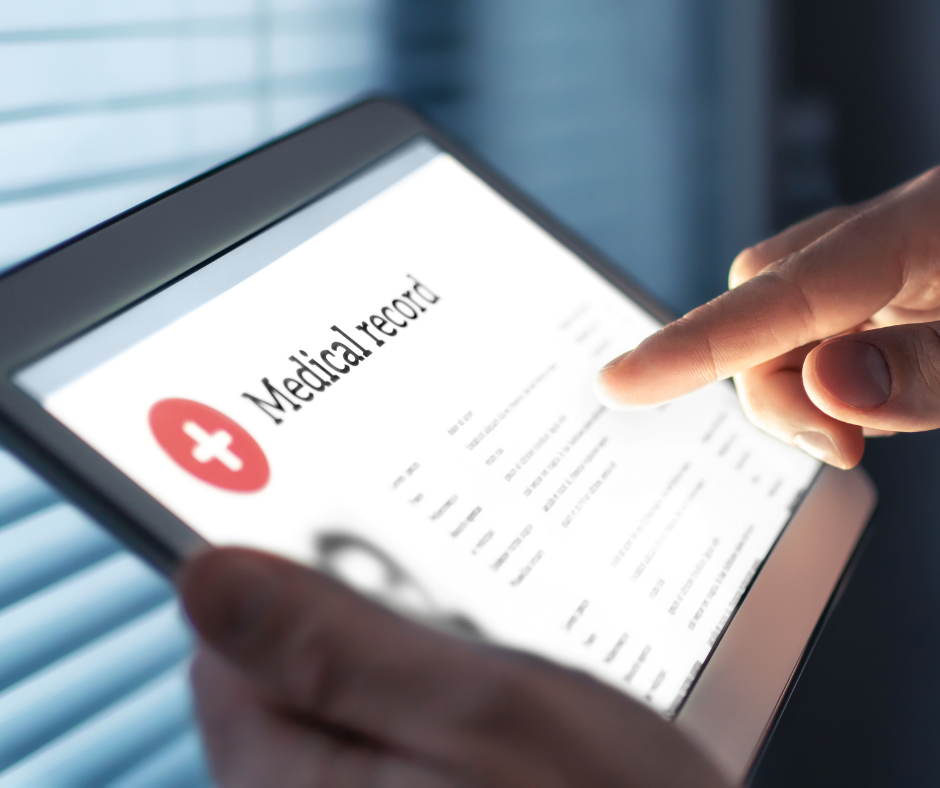Electronic Medical Records (EMR) have transformed healthcare, replacing paper charts and revolutionizing patient information management. While Electronic Health Records (EHR) are sometimes used interchangeably with EMR, they offer distinct advantages in their own way. EMR systems in healthcare hold the potential to transform healthcare by providing invaluable data for coordinating care across the entire healthcare spectrum.
As per the Centers for Disease Control and Prevention (CDC) report, 85.9% of physicians practicing in office-based settings utilize some form of EMR/EHR system, and 79.7% of them employ a certified EMR/EHR system.
Having mentioned that, here are a few benefits that EMR software offers:
- Comprehensive Information: EMRs store patient data, including medical histories, diagnoses, medications, and allergies, digitally, replacing paper charts.
- Efficient Results Management: EMRs allow providers to receive lab results, radiology reports, and X-ray images electronically, reducing duplicated tests and enhancing tracking.
- Streamlined Order Entry: EMR software automates order entry through e-prescribing technology, improving accuracy and security.
- Clinical Decision Support: EMRs offer evidence-based tools for decision-making, warning about drug interactions, aiding diagnoses, and providing treatment guidelines.
- Patient Engagement: EMRs engage patients with educational materials and online input options, fostering participation in healthcare.
- Efficient Administration: EMRs assist practice management, reducing treatment delays. Patients can schedule appointments, and staff can verify insurance eligibility.
- Robust Reporting: EMRs offer powerful reporting, enabling insights from a searchable database, such as tracking treated tuberculosis cases or diabetic patients’ HbA1c levels.
Choosing a fully integrated EMR system extends beyond considering features alone. Evaluating costs, required hardware, implementation complexity, and available training and support are equally important factors. To learn more on how EMR software can benefit your healthcare practice, please reach out to us.

